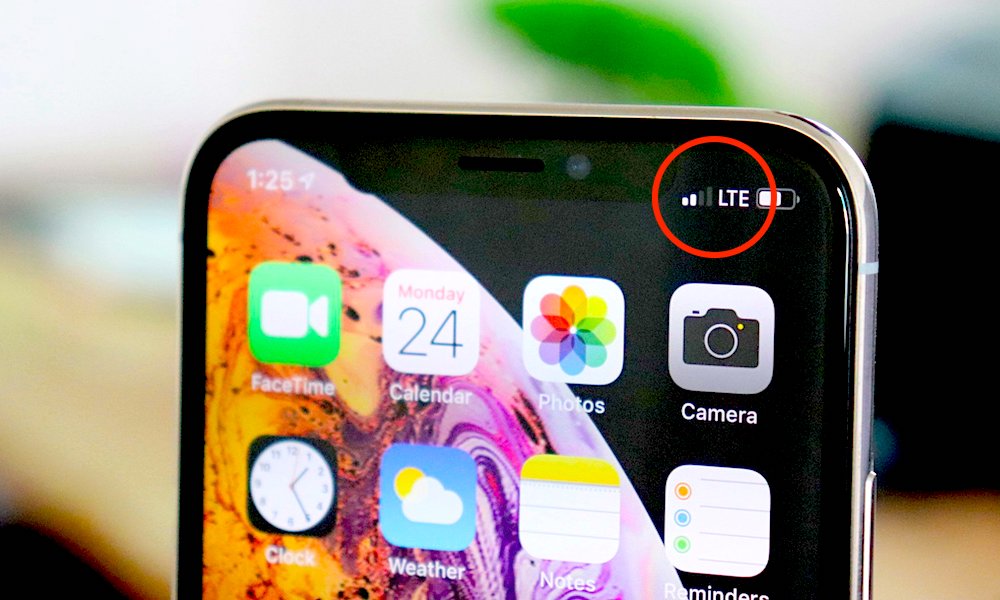Apple’s Rumored to Create Modems for Future iPhones – But Why Should You Care?
 Credit: AllThingsHow
Credit: AllThingsHow
Toggle Dark Mode
Apple is working on developing its own proprietary cellular modems for future iPhones, according to a new report. And it’s an important step for a few good reasons.
Apple reportedly has engineers working on an in-house modem near the company’s headquarters, a person familiar with the matter told The Information. Of course, modem technology is complicated and Apple doesn’t have the infrastructure of established players like Qualcomm or Intel. Because of that, analysts told The Information that it could take years for Apple to ship an iPhone with its own modems.
Apple is largely expected to debut an iPhone with a 5G Intel modem in 2020. That could hint at a launch of an iPhone with a first-party modem the following year in 2021. But why should you care?
How Apple Modems Could Benefit You
Speed Boost
The chief and foremost benefit to consumers will likely be a boost in cellular performance. Because of the ongoing legal dispute between Apple and Qualcomm, the Cupertino tech giant has given up on using Qualcomm modems in its iPhones. Instead, Apple uses Intel-produced chips. While Intel modems are still sufficient, they tend to lag behind Qualcomm as far as 4G LTE performance. However, its probable that an Apple-produced modem may surpass Intel or even Qualcomm performance metrics.
Better Reliability
It’s also possible that an in-house modem will simply function better than a third-party chip due to tight software and hardware integration. And that’s long been the case for Apple’s mobile processors. iPhones are typically quite a bit faster than their Android counterparts (even those with better tech specifications). That’s, in part, attributable to the fragmented nature of the Android ecosystem. While it may be too early to make any solid predictions, it’s worth venturing that an Apple-produced modem would work more seamlessly with the company’s devices — boosting performance even further.
They Could Save You Money
Another benefit may be a reduction in cost since an Apple modem wouldn’t carry the same intellectual property licensing costs as a third-party solution. How that will translate into the final cost of an iPhone remains to be seen. But if homemade modems can save iPhone buyers money, that’s certainly something to celebrate.
Previous In-House Modem Reports
Besides this report, there have been other hints that Apple is looking to develop proprietary modem technology. For example, Apple has been actively hiring chip engineers and designers in San Diego, according to job positions on Apple’s website. As Qualcomm’s backyard, the city has become a hotbed for wireless technology engineers.
The move would also align with Apple’s larger ambitions to shift toward producing first-party chips. Apple has quietly become a silicon powerhouse in its own right, producing A-series and S-series processors in iPhones and Apple Watches, respectively.
Apple also designs the W-series wireless chips in AirPods and Beats, as well as the T-series security coprocessors in some Macs. There’s a separate report that Apple could even ditch Intel for its own ARM-based Mac processors within the next few years.
Of course, the ongoing legal dispute between Qualcomm and Apple is likely another reason for the latter company to lessen its reliance on the San Diego chipmaker.
[The information provided in this article has NOT been confirmed by Apple and may be speculation. Provided details may not be factual. Take all rumors, tech or otherwise, with a grain of salt.]






